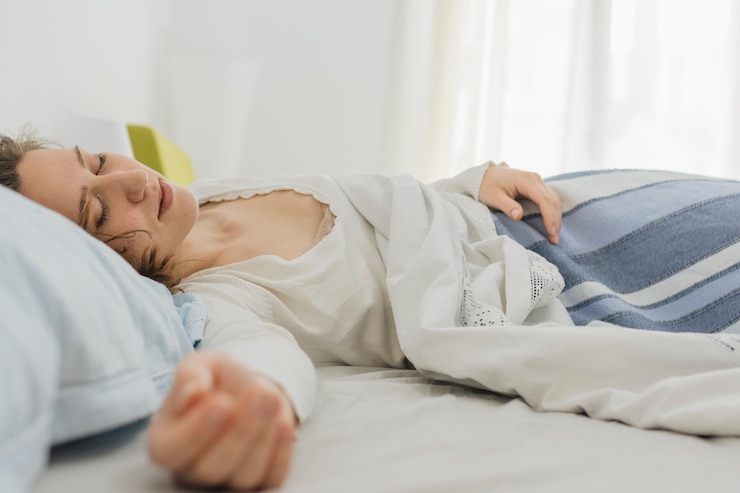
Dragging yourself through a long workday after a sleepless night is no one’s idea of fun. So how can you improve your sleep and wake up refreshed? Dr. Schreiber shares insights into why you might be struggling to sleep and how to start sleeping better—tonight.
While the exact science behind how sleep restores the body and mind remains a mystery, we do know it’s essential for optimal functioning. A 2013 Gallup poll found that 40% of American adults sleep six hours or less per night. Similarly, the 2014 Sleep in America Poll revealed that 58% of teens get seven hours or less.
The CDC has declared sleep deprivation a public health epidemic, linking it to numerous health issues. The National Sleep Foundation confirms that most Americans are not getting enough rest.
Many people underestimate the impact of sleep habits on overall health. When you’re sleep-deprived, your body’s efficiency drops. Over time, this can lead to chronic illnesses. Without proper rest, the brain can’t recharge or form new neural connections, leading to physical and mental breakdown.
Early signs of sleep deprivation include constant yawning and sluggishness. As it worsens, it affects concentration, memory, and emotional stability. Severe deprivation can even lead to hallucinations, impulsive behavior, depression, paranoia, and suicidal thoughts.
Your body may try to compensate with microsleep—brief moments of sleep that occur without your awareness. This is especially dangerous when driving or operating machinery. Studies show a strong link between sleep deprivation and increased accident risk.
Sleep is also vital for a strong immune system. Without enough rest, your body can’t produce the immune cells needed to fight off illness, making you more susceptible to infections and worsening existing conditions.
Lack of sleep can lead to weight gain, which increases the risk of diabetes, heart disease, and high blood pressure. The amount of sleep needed varies, but most people require seven to nine hours of quality, uninterrupted sleep.
To improve sleep, follow these tips:
– Turn off electronics at night. Light and electromagnetic radiation can disrupt melatonin production.
– Avoid screens an hour before bed.
– Sleep in complete darkness.
– Stick to a consistent bedtime to regulate your circadian rhythm.
– Exercise regularly, but not right before bed.
– Avoid caffeine and limit liquids before sleep.
Sleep supplements can help, but consult a healthcare provider first. Melatonin, valerian root, passionflower, skullcap, 5-HTP, and tryptophan are all known to support sleep. Combination supplements may be more effective, especially when guided by a professional.
Interestingly, humans are the only mammals that willingly delay sleep. High altitudes can also disrupt sleep due to lower oxygen levels, though most people adjust within a few weeks.
Regular exercise promotes better sleep, but irregular or late-night workouts can have the opposite effect. Life events like divorce or loss can also lead to insomnia. Unfortunately, many healthcare providers don’t have time to address sleep issues during appointments, and prescription sleep aids are often misused.
Caffeine, the world’s most popular stimulant, is found in coffee, tea, chocolate, and some medications. While some people function well on six hours of sleep, others need ten. We naturally feel sleepy around 2:00 AM and 2:00 PM, which explains the post-lunch slump.
Sleep is as crucial as diet and exercise. Shift workers face higher risks of chronic illnesses, and newborns sleep up to 17 hours a day. Teaching infants to self-soothe can help them sleep independently.
Most healthcare professionals agree that both patients and doctors should discuss insomnia during visits. The body never fully adapts to shift work. While some people benefit from naps, teens often nap due to insufficient nighttime sleep.
Snoring disrupts sleep for about 90 million Americans. Scientists still don’t know if animals dream like humans. Melatonin may help you fall asleep faster and reduce nighttime awakenings, though it doesn’t necessarily increase total sleep time.
According to a 2008 poll, 36% of Americans have driven while drowsy. Sleep deprivation also lowers leptin levels, increasing appetite. Insomnia becomes more common with age, often due to other health conditions.
Everyone struggles with sleep occasionally, but with the right strategies, you can finally get the rest you need and wake up feeling your best.






